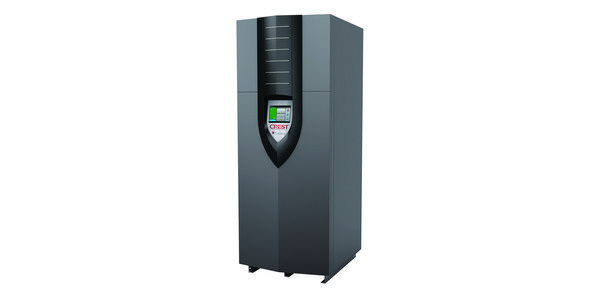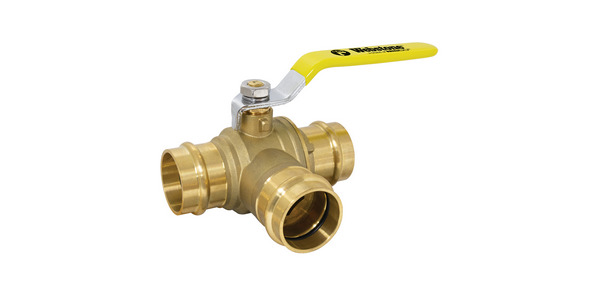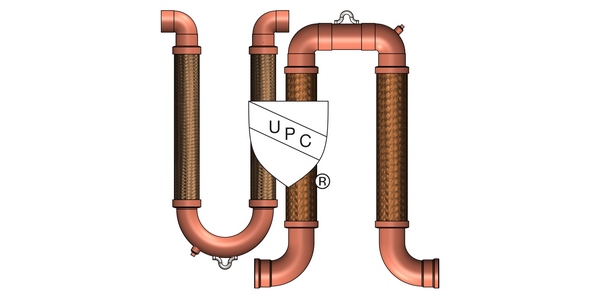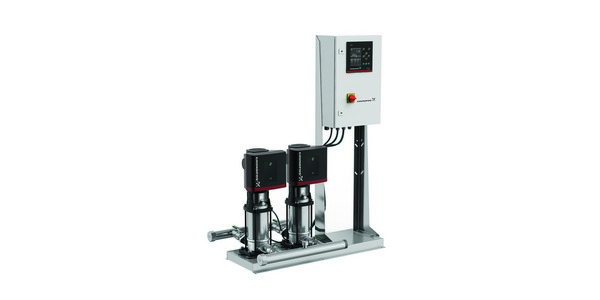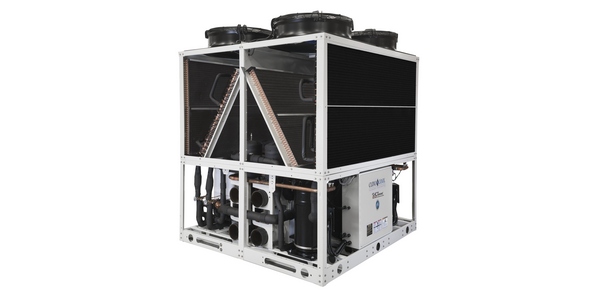Daikin Recognized for Commitment to Reduce Greenhouse Gas Emissions
WASHINGTON, D.C. — At the White House recently, the Obama Administration recognized Daikin Industries Ltd. and other private sector businesses for their continuing commitment to reduce emissions of hydrofluorocarbons and other powerful greenhouse gases that can contribute to climate change. The White House event was hosted by Dr. Ernest Moniz, U.S. secretary of energy, and Gina McCarthy, the administrator of the U.S. Environmental Protection Agency.
Daikin Industries, Ltd. is headquartered in Osaka, Japan and has long been committed to producing HVAC systems that have a lower global warming potential than alternative systems. Daikin’s U.S.-based subsidiary, Goodman Global Group, Inc., was recognized by the White House at a similar event last year.
Daikin made three specific announcements at the White House event:
- Daikin will begin production and sale of the first ever high-efficiency Package Terminal Air Conditioning systems using the next-generation refrigerant, HFC-32. PTAC units are self-contained heating and air conditioning systems used extensively in hotels, motels, senior housing facilities, hospitals, condominiums and apartment buildings. The new units will be manufactured in the United States beginning in the first quarter of 2016 and marketed under the Amana brand name. Additional PTAC products are expected to be introduced over time.
- Daikin will continue efforts to strictly control and eliminate by-product emissions of HFC-23, a high global warming potential material created during production of HCFC-22. The commitment extends to both Daikin’s U.S. and worldwide facilities. Destroying the HFC-23 by-product will reduce GWP emission releases by an amount equivalent to 6.7 million metric tons of C02 per year.
- The company is offering manufacturing companies worldwide free access to 93 patents to encourage others to develop and commercialize air conditioning and heat pump equipment that use HFC-32 as a single-component refrigerant. HFC-32 is a next generation refrigerant that addresses a range of environmental considerations in a balanced manner. It is a non-ozone depleting substance, is energy efficient, affordable, is easier to recycle and has a global-warming potential that is one-third of today’s most commonly used refrigerants.


